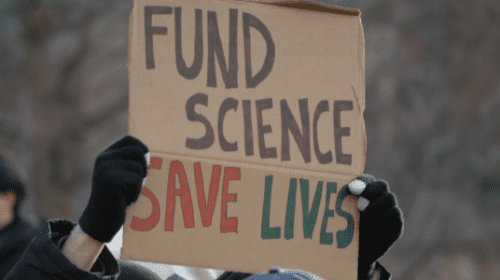Morrissey once asked: “Does the body rule the mind or does the mind rule the body?” His ultimate conclusion was “I don’t know.” The good news is that music can have an extreme positive impact on both. For years clinicians have been using music to accelerate healing in both clinical and post-treatment environments. From the pediatric to palliative care settings, music has been proven to have healing choose that sooth both the savage beast and the human body and brain. Whether you’re suffering from chemical dependency, generalized anxiety disorder (GAD), chronic pain or anything else, there’s a place for music in your supplemental care plan. Some of the specific benefits of music integration may include:
Lowering of Blood Pressure – High blood pressure (also known as hypertension) can lead to a variety of unforeseen heath and quality-of-life issues, including weight gain, fatigue, stroke, anxiety and much more. A recent study, as well as many others, indicates that, depending upon the tempo, music has the power to regulate blood pressure. Researchers found that it increases when listening to fast-tempo music like punk or metal; but it has the opposite effect when listening to slower-paced works.
Reduction of Stress – Stress and anxiety are two of the most common mental health issues Americans face. If left unchecked these conditions can take a significant toll on the body, including muscle tension, fatigue, decreased memory and impaired cognitive function. Listening to music, specifically on headphones, has been documented to reduce stress and anxiety. It also helps in the facilitation of meditation in order to align physical and psychological wellness.
Management of Chronic Pain – As the evolution of pain-management research continues, clinicians are finding more and more ways that music helps reduce inflammation. One recent example of this is a study of men undergoing prostate biopsies at Duke University Hospital. The study compared those who listened to Bach during the procedure with those who had noise-canceling headphones or who didn’t listen to anything, and found that the Bach enthusiasts reported less pain.
These are just a few of the practical healing benefits of music. In an effort to provide further education regarding this invaluable therapeutic resource, Recovery Unplugged has released a new eBook on the healing properties of music in everyday life. We are committed to relaying music’s benefits before, during and after treatment or any other type of clinical intervention.

























